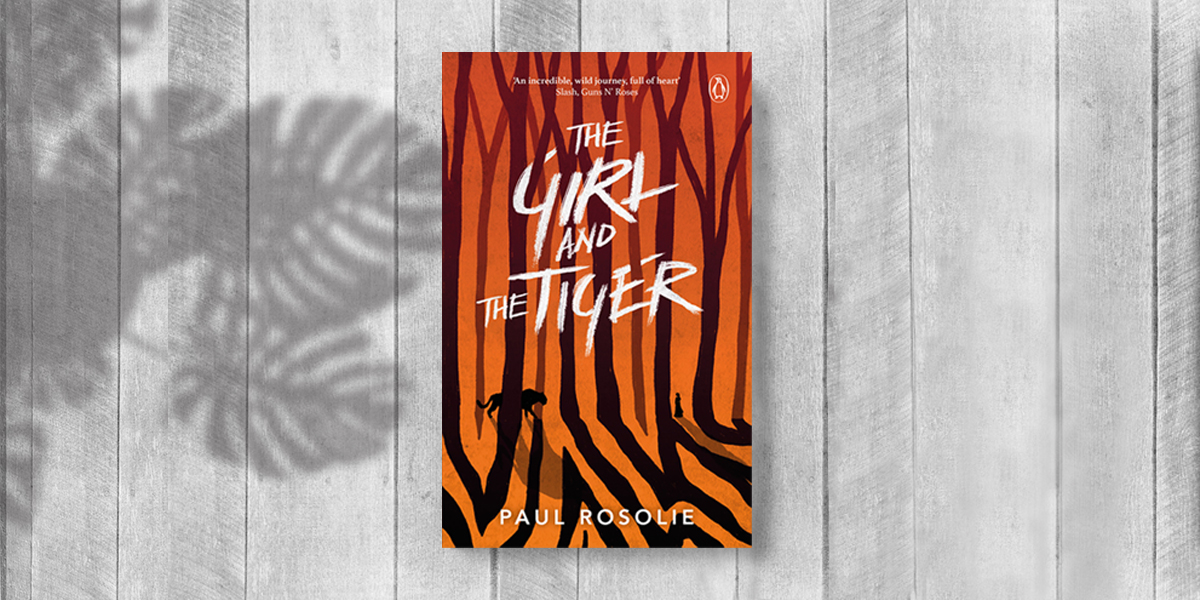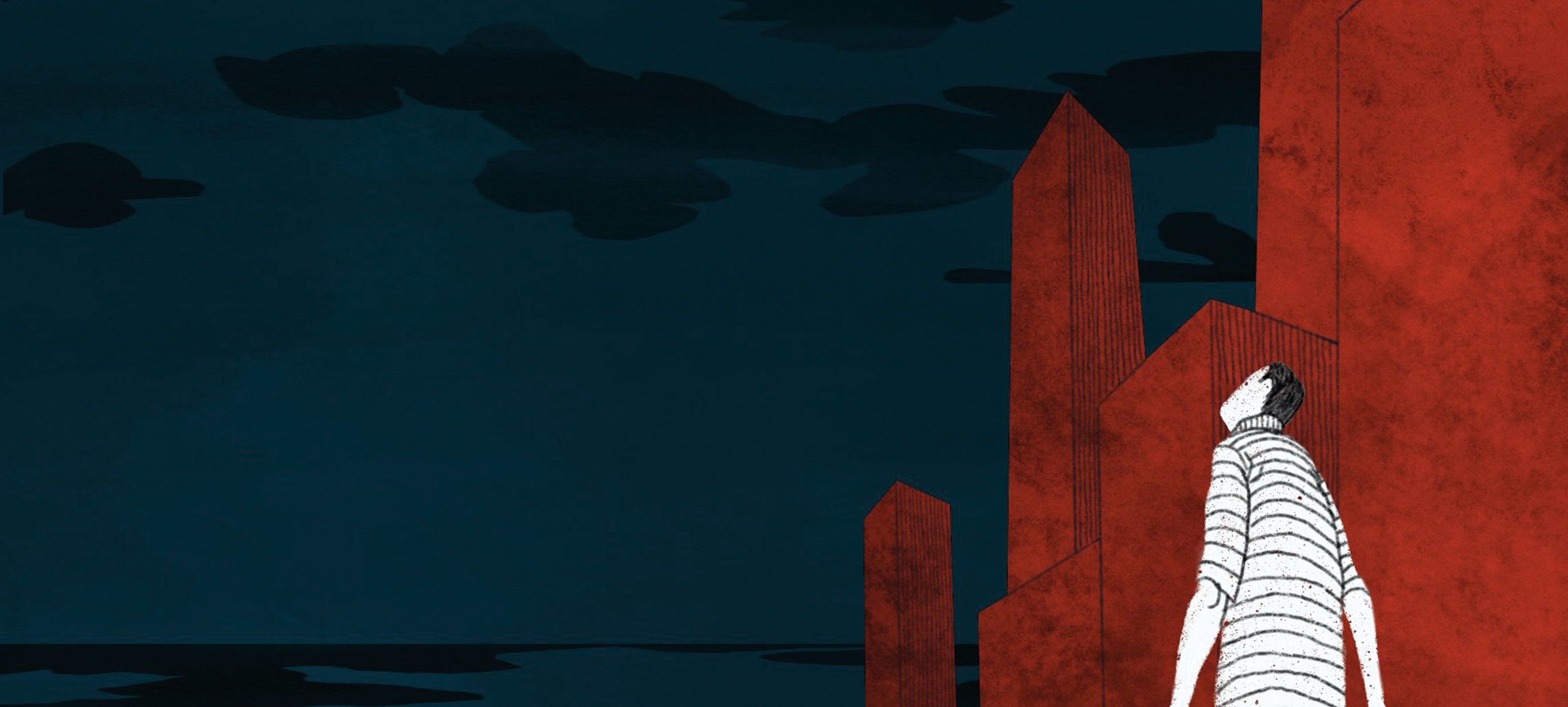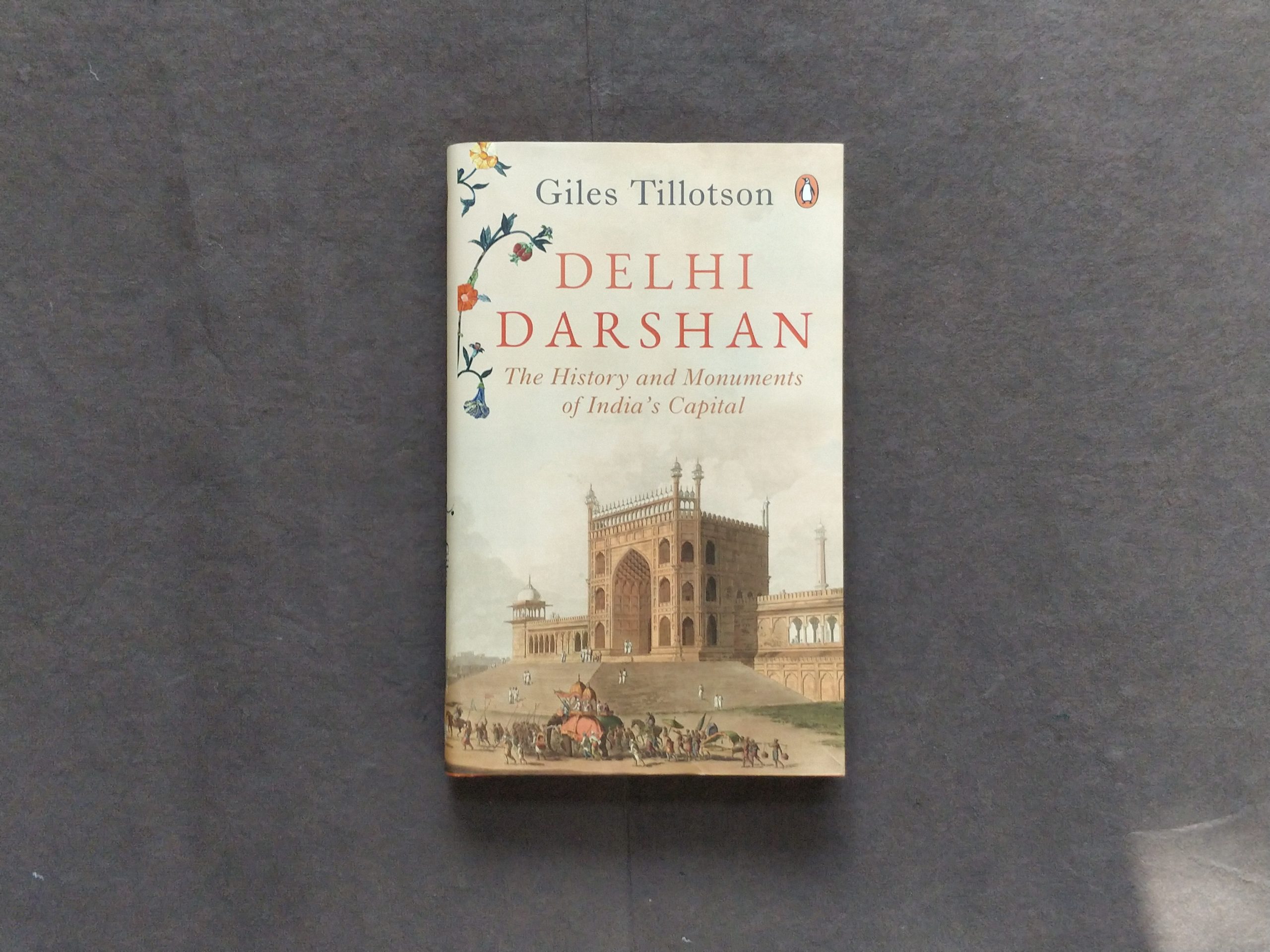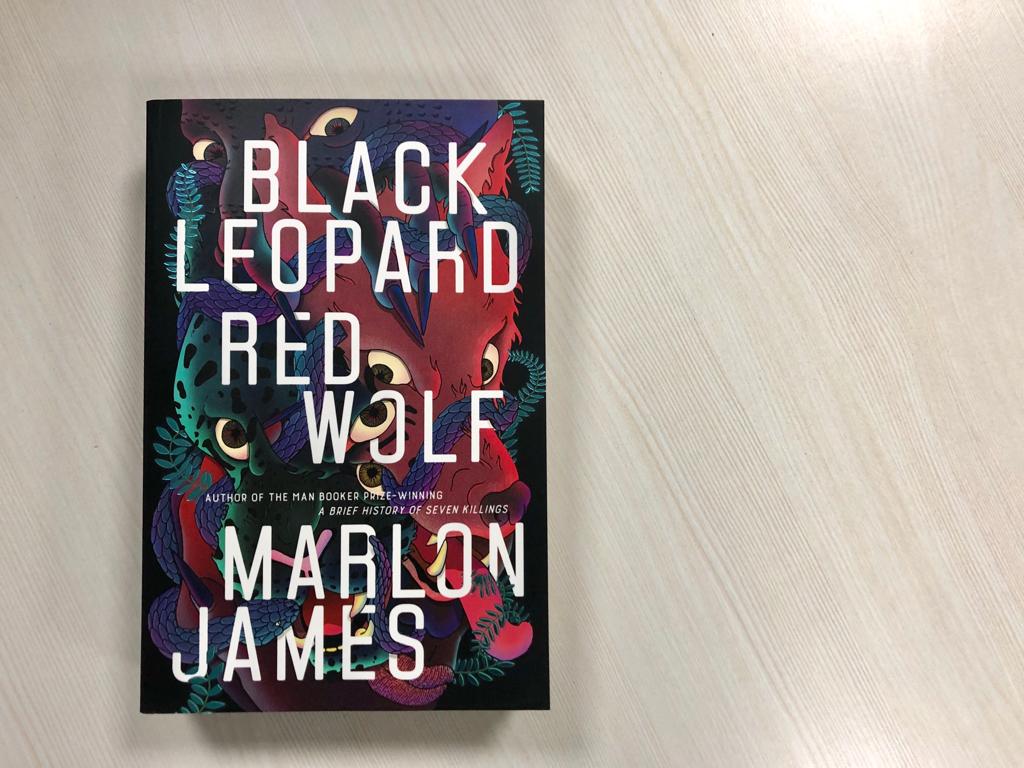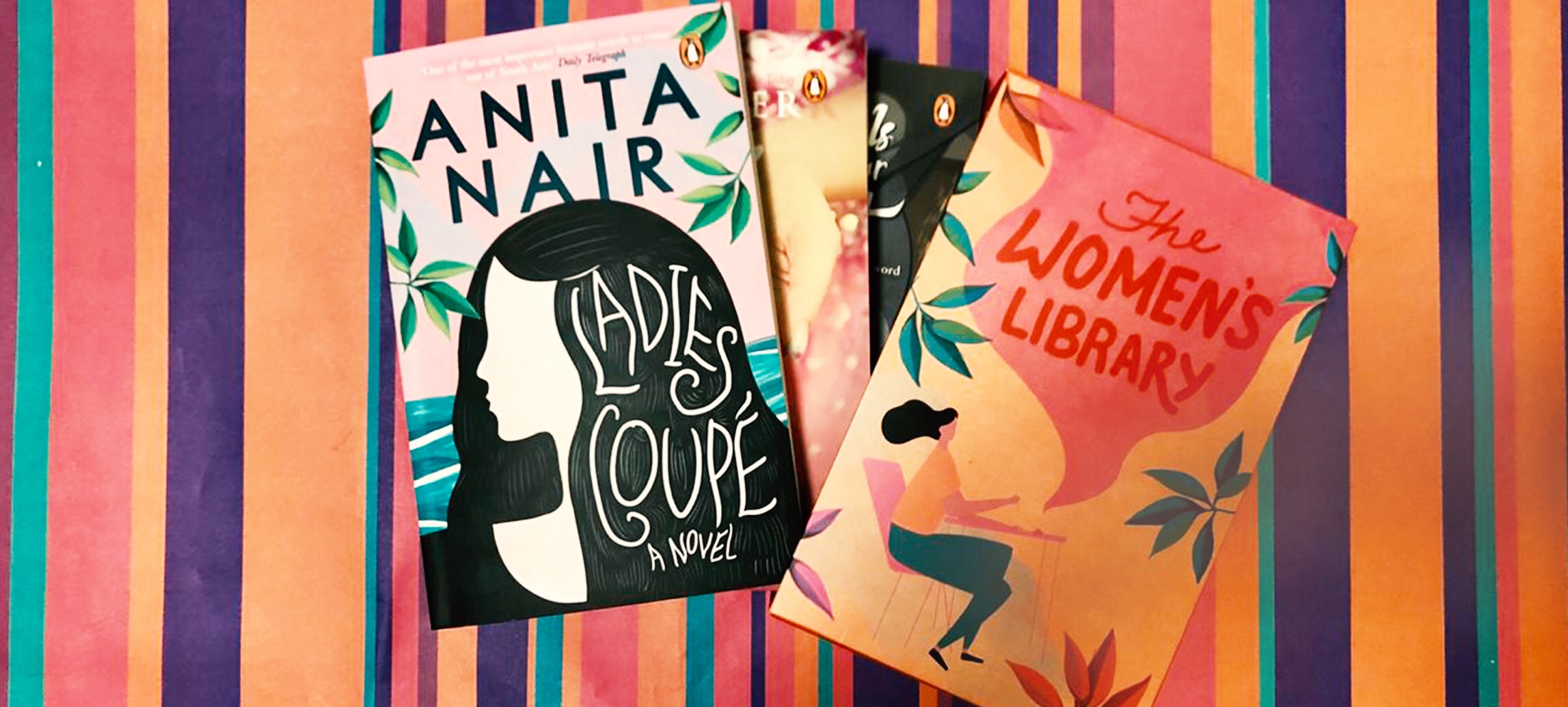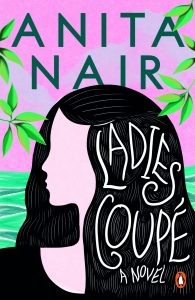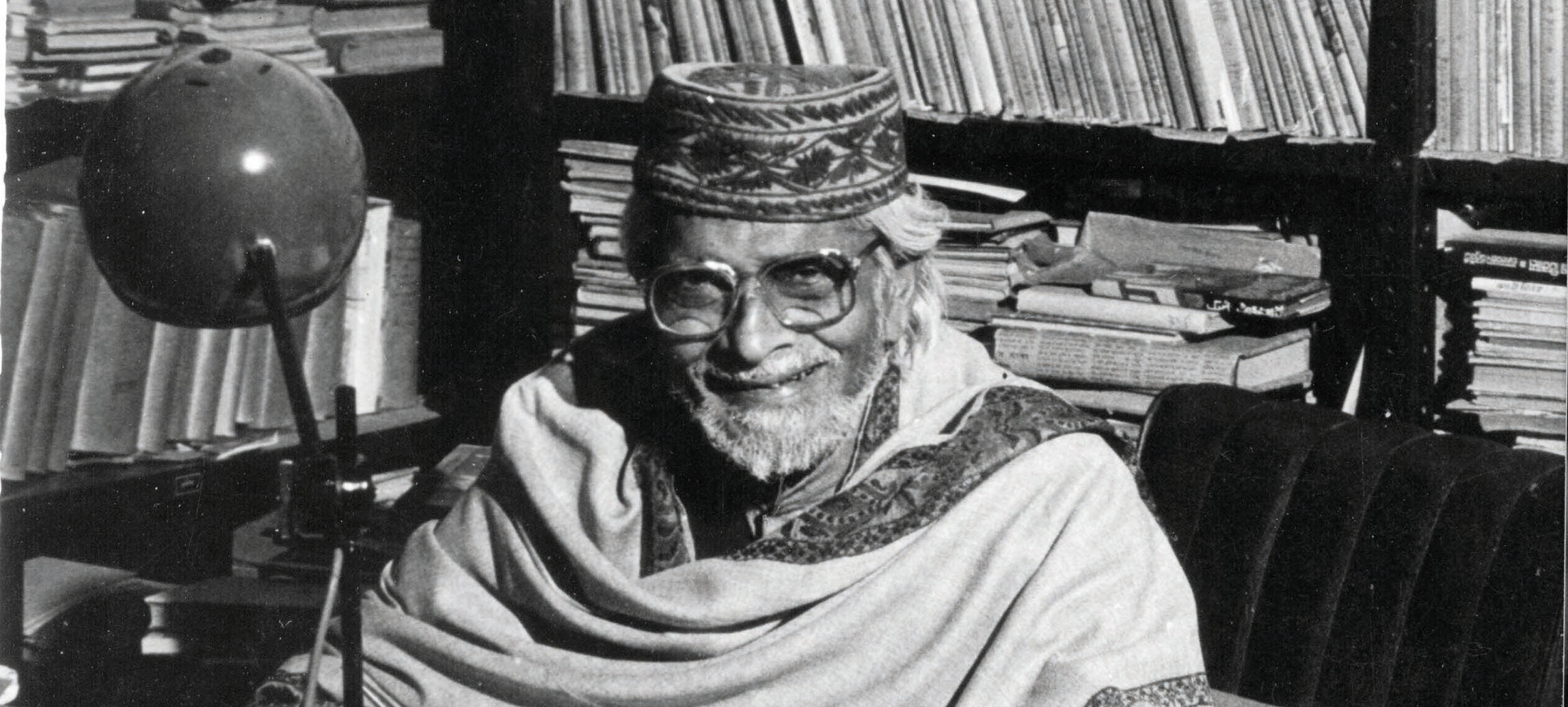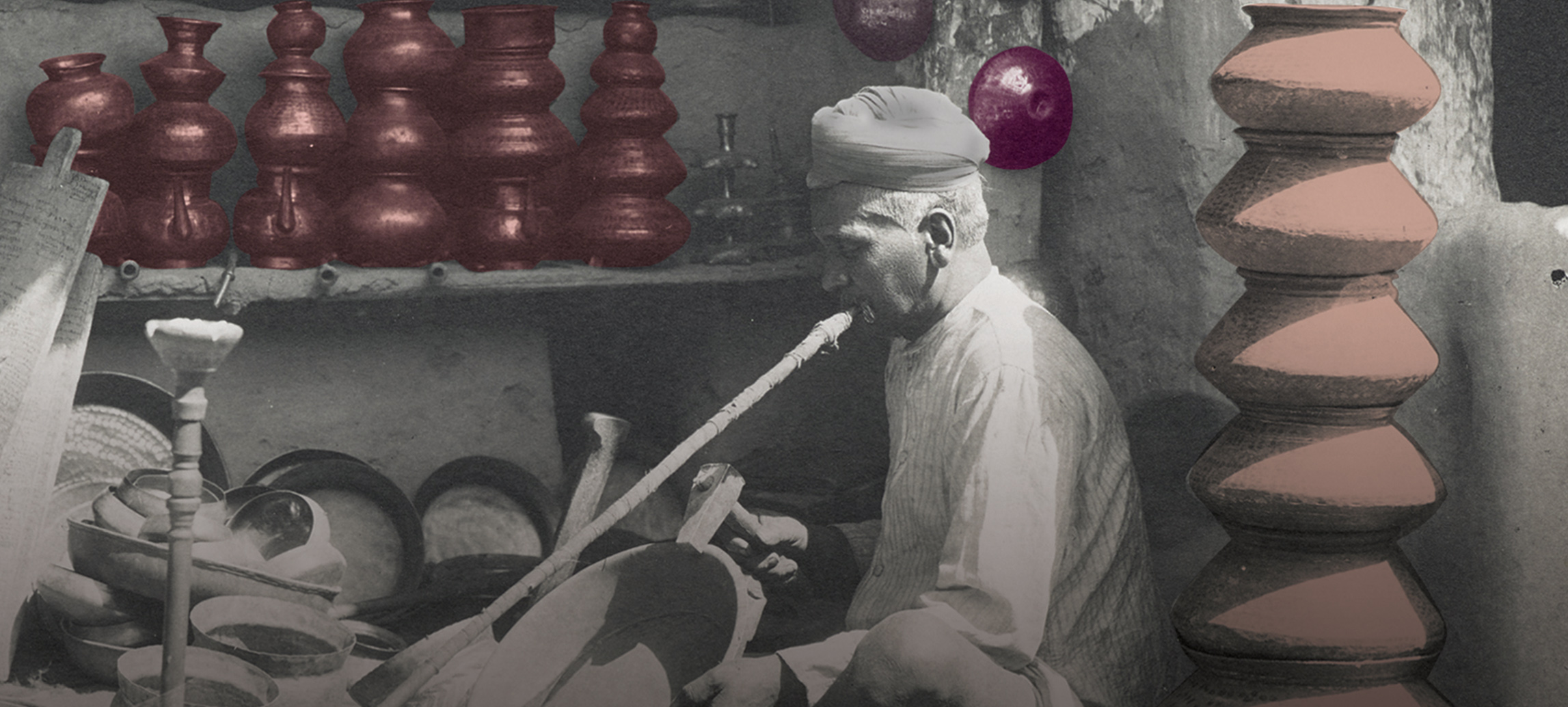‘The story of The Girl and the Tiger is less my own creation and more a collection of moments, truths, and legends I found over the years in the Indian jungle. It is a necklace of a book, a series of seeds and teeth, stones and bones, gathered like beads from the forest floor; I only added the string. It is the result of following elephants, searching for tigers, sitting late into the night around campfires, and becoming acquainted with the tribes of the forest, both human and animal.’, writes Paul Rosolie- a naturalist and award-winning wildlife filmmaker.
As an author, Paul’s mission is to explore the relationship between humans and nature, wild animals, and our vanishing wild places.
Here are 6 heart-warming instances that speak volumes about the primeval bond that man has with nature-
1. The young orphan Thimma sleepily embraces the gentle giant , his only family, in a moment where man and nature sway in rhythm with the awakening world –
‘Thimma stood in the nest bed, stretched, and slid down a vine onto the elephant’s back. Straddled on the great neck, he leaned forward to kiss the domed head and rub it roughly with his flat palm. The elephant rumbled and started down the path with the chain-clink of great strides. Rubbing the sleep from his eyes, the boy spoke gentle directions as they went so that Hathi knew when there was a branch or turn.’
2. Kneeling beside the defeated tigress,Isha keens in sorrow as she offers her gratitude to the animal who made the ultimate sacrifice to defend her –
‘She knelt beside the tiger. Her hand moved tenderly on the orange-and-black fur. She stroked the tiger’s ear, her eyes moving in awe and sorrow over the impossibly large body, paws the size of dinner plates, the great sleeping eyes. With her forehead against the warm fur of the tiger’s cheek, she whispered, “Thank you”.’
3. A vein of emotion throbs in man and beast alike when the transformative power of maternal love makes a young girl reach out to comfort a helpless cub-
‘Girl and tiger scrutinized each other. Isha continued to speak to it gently as she extended a hand. The little tiger leaned forward to sniff and tilt its head at the sound of her voice. Isha’s hair still bore the scent of the tigress from the night before, and as the little cub breathed the smell of its mother for the last time, it shivered and drew in close. Ever so slowly, Isha put her hand on the tiger’s head. The tiger trembled as Isha stroked its oversized ears, and then pulled it into her arms. “Don’t worry,” she whispered. “I won’t leave you. I won’t leave you”.’
4. Kala’s playfulness and Isha’s motherly devotion forms a bond between man and predator that defies all reason and challenges accepted notions of love-
‘By now though, Isha was developing a routine. Once the milk bottle was full, she wrapped her arms in the blanket and fit the makeshift nipple into the tiger’s mouth. Kala wrapped her large paws around Isha’s slender arms and sucked on the repurposed cola bottle and cloth nipple.’
5. Embracing the creatures of the land as her own, Sudha- Matriarch of the Budakattu tribe, sits feeding the young in her care. In her own way, she gives back to nature a little of what she receives-
‘Her eyes moved to Sudha, who sat in the flickering shadow against the cracked wall of her house, her own child nursing at one breast, a young wolf nursing on the other. Isha grinned in the firelight, and Sudha could no longer restrain from grinning back.’
6. In a world where animals were another dimension of the human family, the genial coexistence of man and beast reflected a balance in nature-
‘Thimma’s mother told him that Hathi loved him very much and was the source of all the good things their family had, that the elephant was excited for his sibling. In the final month they held a pooja—an auspicious ceremony of choice where flowers and stones were placed on either side of the pregnant woman, and the elephant predicted, based on his choice of item, the sex of the child. Hathi confirmed the child would be a daughter.’
In his challenging mission to protect wildlife habitat in critical areas of The Amazon and India, Paul Rosolie has observed man and nature at close quarters. In The Girl and the Tiger he gives us poignant moments of raw emotion born out of the beauty and brutality of the natural world.
To feel the pulsating beat of the wild, read The Girl and the Tiger!







